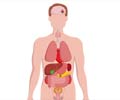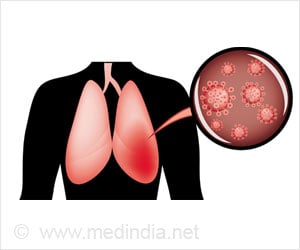A simple blood test to check for gene mutations may help to stop the cancers.
Celia Milner is a third generation cancer survivor. Now that she knows about a simple blood test to check for gene mutations, Milner is hoping the cancers will stop with her.
A breast-ovarian cancer gene test is a blood test that shows whether a woman has breast cancer or ovarian cancer gene mutations, known as BRCA 1 or 2, which increases a woman’s chance of having breast, ovarian or other cancers.September is National Gynecologic Cancer Awareness Month. More than 22,000 women will be diagnosed with ovarian cancer this year and more than 15,000 will die from this deadly cancer. Ovarian cancer ranks fifth in cancer deaths among women.
“I didn’t know that if you have a family history of breast cancer, a mutation could be the cause,” said Milner. “Had there been greater awareness about the gene mutation, I would have asked for this test years ago and probably would have made the decision to have a full hysterectomy. A simple blood test could have saved our family a lot of pain.”
As a result of Milner’s positive test result, her sisters chose to take the BRCA test. Both tested negative. Milner hopes the negative test results will alleviate fears in her family.
Every woman is born with the breast cancer gene 1 (BRCA 1) and breast cancer gene 2 (BRCA 2). For unknown reasons, these genes can mutate, putting women at increased risk for developing breast cancer compared with women who do not have these mutations, according to Dr. Tri Dinh, a gynecologic oncologist at The Methodist Hospital.
“There’s also a 50-50 chance the mutated genes can be passed on to children, both girls and boys.”
Advertisement
Dinh says a positive blood test in someone who is already a breast cancer survivor means the patient could one day have cancer in the other breast. In patients with the BRCA mutation, he recommends removal of the ovaries after completion of child-bearing, in order to decrease the risk of development of ovarian cancer and decrease the risk of recurrence for breast cancer.
Dinh recommends patients with multiple family members who have breast or ovarian cancer should be tested for BRCA 1 and 2. Most importantly, education and awareness about gynecologic cancers and family history, as well as annual well-woman exams, are key to reducing the incidence of these diseases.
Source-Newswise
SRM/J











